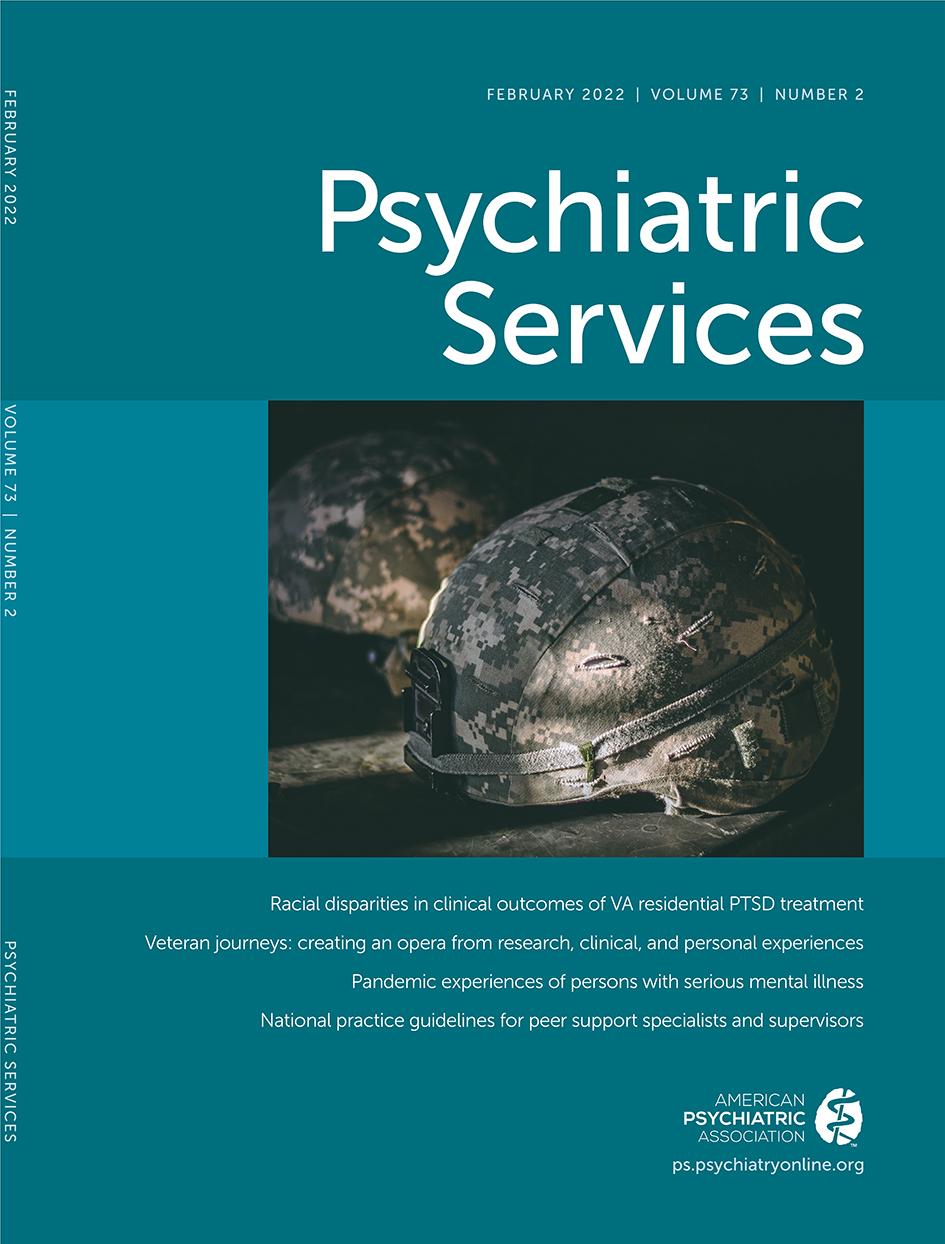Headline
Care management interventions demonstrated improvements in mental health, quality of life, and patient satisfaction as well as reduced psychiatric inpatient days for people with serious mental illness (SMI).
Context
For individuals with SMI, care management interventions are designed to improve coordination of care and address the fragmentation across physical and behavioral health systems. This systematic review and meta-analysis examined the effects of non-intensive care management interventions on the health outcomes, acute care utilization, cost, and patient satisfaction for adults with serious mental illness. Non-intensive care management interventions are models that are not team-based and do not require direct provision of services, unlike programs such as assertive community treatment (ACT).
Findings
While most individual studies in the review did not report significant differences in outcomes associated with care management, the meta-analysis of 15 studies found that non-intensive care management programs were associated with improvements in psychiatric symptoms, overall quality of life, and mental quality of life, and a reduction in psychiatric inpatient days. These changes were small but were statistically significant.
Takeaways
Care management programs that vary widely in their goals, staffing models, and core components can lead to positive outcomes for people with SMI. Health care organizations should consider the diversity of these programs when applying this evidence to design new programs.



